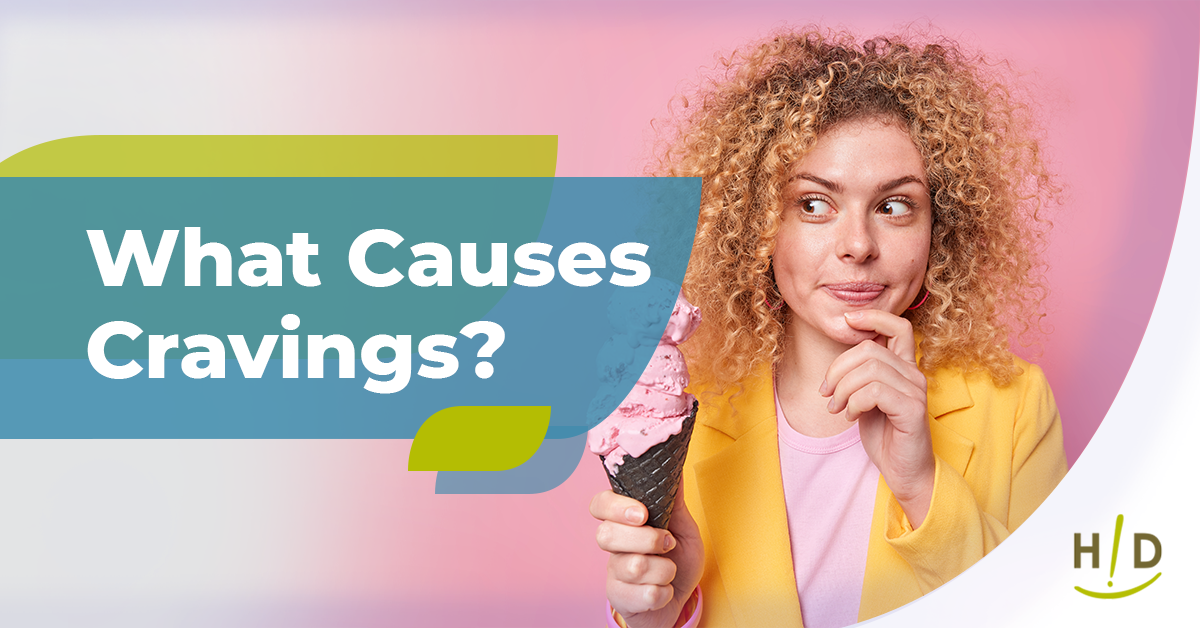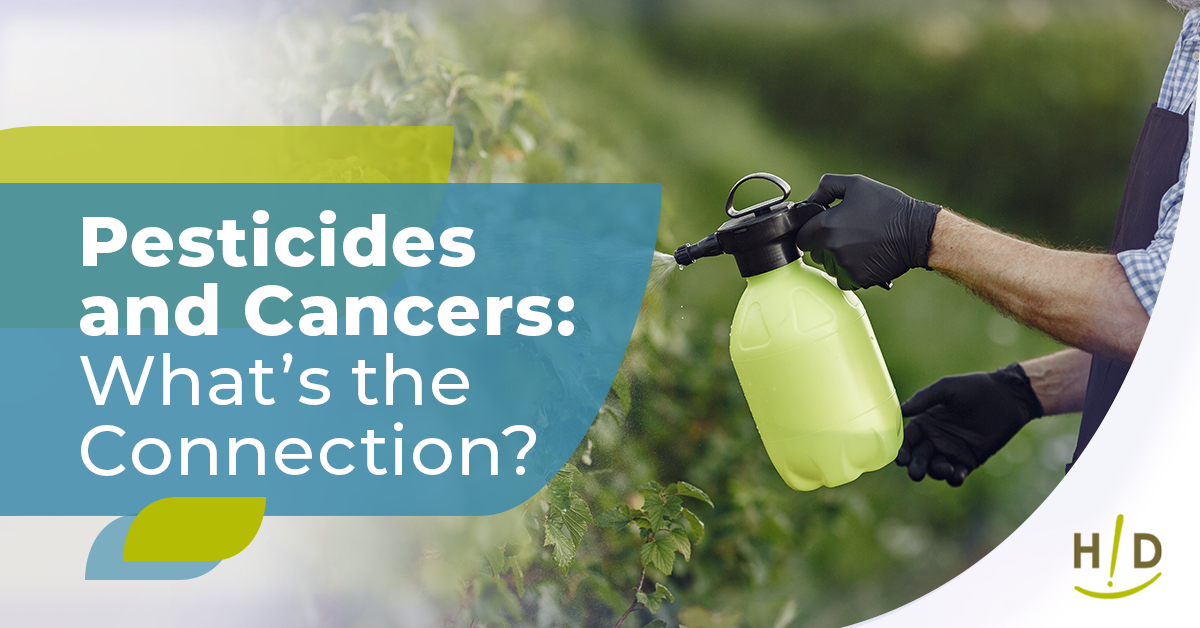Food cravings are bizarre little phenomena.
It's commonly assumed that food cravings are due to nutrient deficiencies, but sometimes the cravings are due to life situations more than a deficiency.
For example, research shows that pregnancy, menstruation, stress, and depression can alter your body's levels of endogenous opioid peptides (EOP). EOP are the 'feel good' substances your body releases during exercise or being in love. This, the research suggests, can intensify food cravings.
In these life situations, your body is playing tricks on you. You're not deficient in pickles and ice cream at 3:00 a.m., you're just pregnant. Satisfying the craving simply completes the loop of desire and fulfillment, but you didn't actually need any nutrients in the concoction.
Aside from these situations, however, cravings can indeed point to deficiencies. But it's important to know how to interpret what your body is asking for.
A craving for chocolate doesn't mean your body actually wants chocolate; you may be lacking B vitamins or magnesium. You can alleviate this by increasing your intake of flax seed oil, seeds, nuts, beans and fruit.
And a craving for oily or fatty snacks like potato chips or soda pop means you need calcium from broccoli, kale, and legumes.
Sometimes the craving can be simply turned off by interrupting the senses with other stimuli. A study in Australia found that non-food odors can curb unwanted cravings; smelling jasmine, for example, reduces chocolate cravings.
So, the next time you're craving something for no apparent reason, do some research. You'll likely discover something important about your health!
What do you crave? Comment below!







